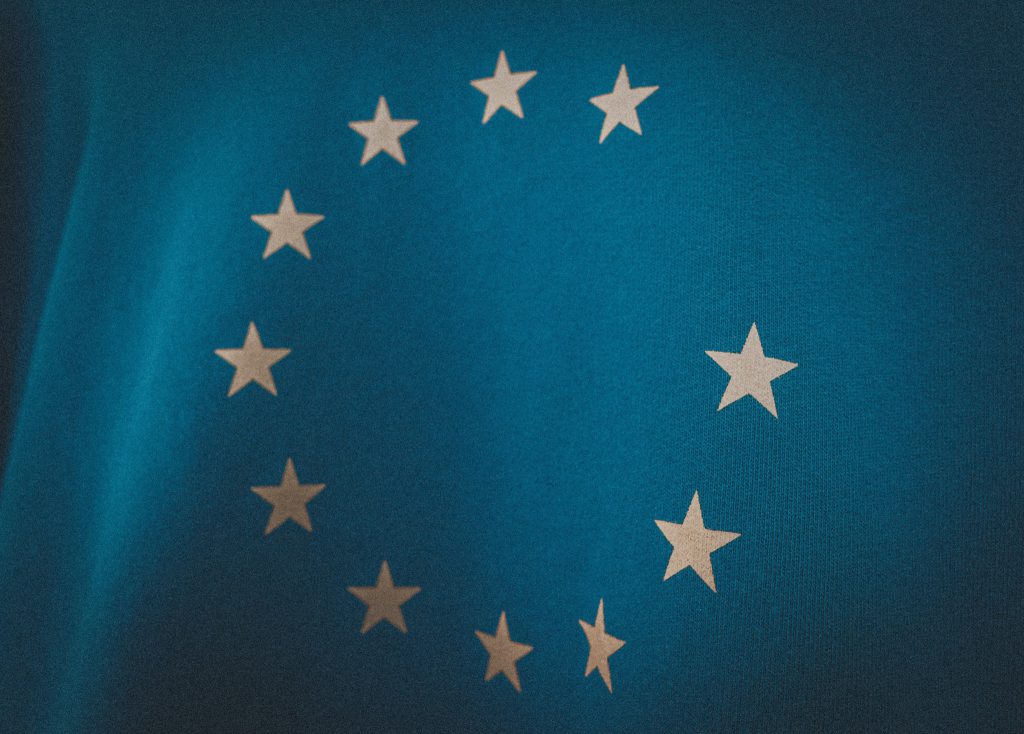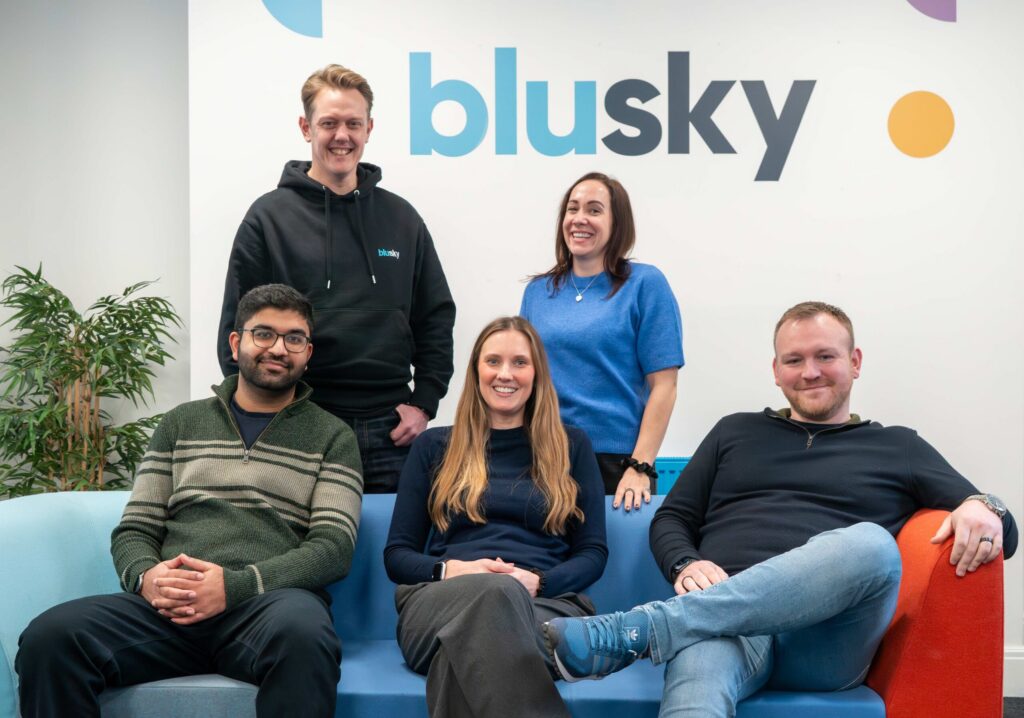After months of Brexit negotiations, the new deal between the UK and the European Union finally came into effect on 31st December 2020. The deal outlines new rules for how the UK and the EU will live, trade and work together in the future. That means various changes for the UK, including some to VAT services.

Here’s a rundown of the changes to VAT services so you can ensure your business complies with the new rules. Let’s dive in!
VAT liability
Unlike with goods, there isn’t any general VAT relief for the export of services. Services supplied within the UK may be exempt, zero-rated, standard-rated, or liable to VAT at a reduced rate.
To determine how much VAT to charge on your service, you need to work out who’s liable for the VAT. To do that, first establish who’s being supplied, i.e. a business or a consumer. This is important as the VAT treatment differs slightly for supplying to businesses (B2B) or consumers (B2C).
VAT for business to business services
‘Business to business’ or B2B simply refers to supplies made from your business to another business.
B2B services must follow existing place of supply (POS) rules.
So, if the POS is in the UK, standard VAT treatment applies. But if the POS is outside of the UK, it’s out of the scope of UK VAT. In other words, no UK VAT is chargeable where the place of supply is outside the UK. Make sense?
The general rule is that the service is supplied where the customer ‘belongs’ – either in the UK or outside of the UK. However, there are some exceptions to the following services:
- Land related services
- Transport hire
- Services linked to physical performance (e.g. artistic, cultural)
- Ancillary transport services
- Restaurant and catering
- Passenger and freight transport
- Intermediary services
- And B2C supplies of digital services (but we’ll talk about this one in more detail later).
There’s a lot of detail to these exceptions – too much for us to go into in this blog – but you can find all the information you need in VAT notice 741.
Business to consumer services
‘Business to consumer’ or B2C services can mean you’re supplying to:
- A private individual
- A charity, government department or other body which has no business activities
- A ‘person’ (natural or legal) who receives a supply of services wholly for a private purpose
B2C services must also follow existing place of supply rules in exactly the same way as B2B services.
B2C electronic services
In the case of B2C electronic services, existing VAT MOSS (which stands for Value Added Tax: Mini One Stop Shop) users must now register with the non-union MOSS scheme in another EU country. Or alternatively, register for VAT in all countries in which you supply.
It’s important to note that you must register by the 10th of the month following your first supply.
If you want to do some more background reading on non-union MOSS, or find links to different countries for registration, just follow this link.
If you want our advice, we’d recommend considering registering in Sweden. The VAT rate at 25% is marginally above average, but the forms can be accessed in English, making things much easier for you. Plus, the penalty regime seems comparatively benign. Please note that our recommendation is only that you consider this.
Selling goods to the EU
When selling goods to the EU, you must do so at zero rate – as you would with sales to the US and other countries outside the EU.
To do this, you need to obtain an Economic Operator Registration and Identification Number (EORI number). You may also need to be registered for VAT in an EU country.
If you’re VAT registered, your EORI number will be an extension of your VAT number, but you’ll still need to apply for it. To apply for an EORI number, just fill out this form.
You can check if you’re EORI registered with this EORI checker.
We’d also like to note that early January has highlighted that a number of transport agents are introducing commercial fees to cover administrative overheads.
And that’s it for now!
If you need any more information, or just want to chat through how these changes may affect your business in the future, get in touch! We’re here to help.


